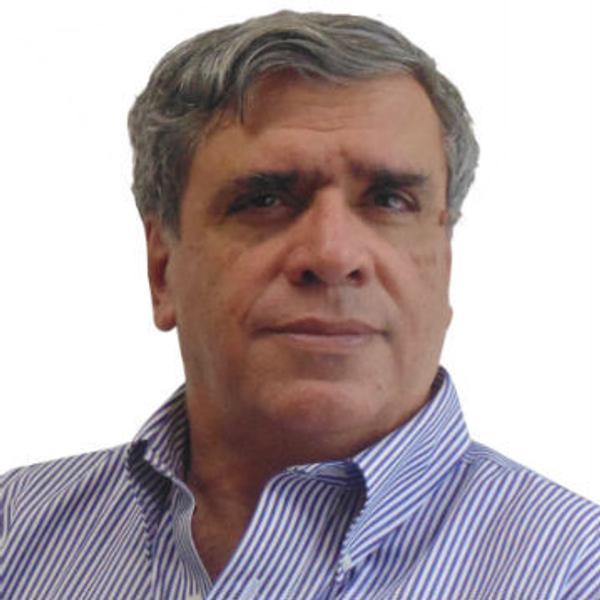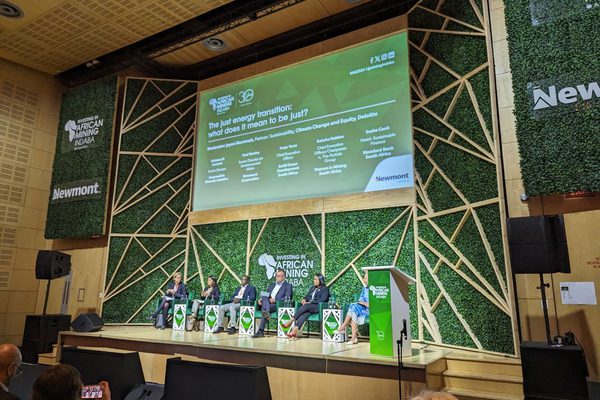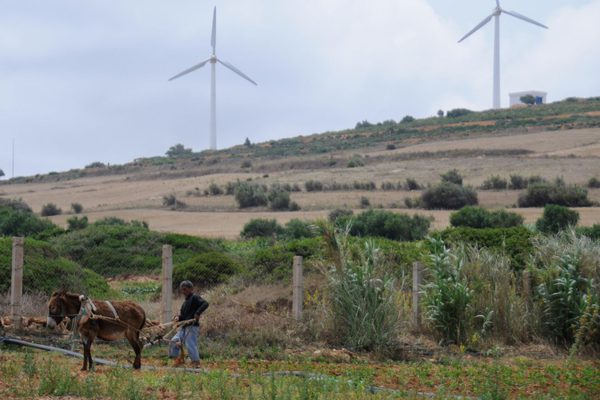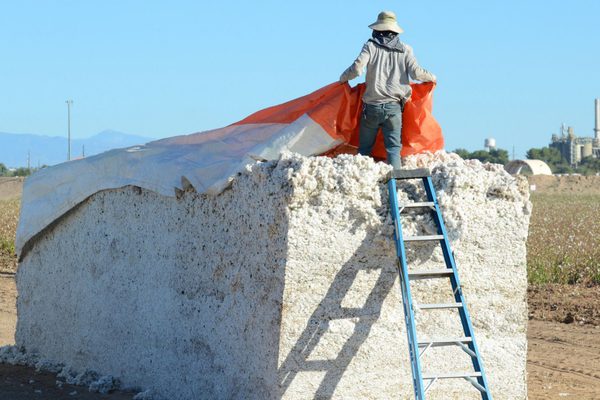Sector-Wide Impact Assessment of the Mining Sector in Colombia
24 June 2016

CREER, the regional centre for responsible business in Colombia that IHRB founded, has published a comprehensive sector-wide impact assessment of the mining sector in Colombia.
This study does not seek to prove that mining is a social and environmental impossible in Colombia , not looking conclude that what is happening in the environments of mining and illegal extraction of minerals is the result of a conspiracy between companies and state, or a making the sector permitted by predatory organizations. Nor is it an investigation to evaluate a ministry or agency.
The assessment gathers information from multiple sources, identifies the spectrum of actors involved in the mining sector in Colombia, and analyses the factors explaining the occurrence of human rights impacts within the sector. The assessment is not limited to the study of a single project or single actor. By contrast, it has multiple layers of analysis, as explained in the methodology for the work.
- State agencies will find recommendations for public policies aimed at protecting rights, preventing impacts and mitigating damage.
- Businesses and local communities, organizations, development cooperation bodies and other groups will have a comprehensive assessment of the situation of human rights that allow them to act in a more informed manner and strengthen the culture of respect for rights.
This sector-wide impact assessment of the mining sector seeks to show that for Colombia to have mining that communities, workers and other stakeholders can accept, it has to be based on sustainability criteria and inclusion for the Colombian people. As such, the assessment highlights that the institutionalisation of mining activity in all territories is the first requirement to achieve not only legal mining but for mining to enjoy a social license securing its long-term legitimacy.




